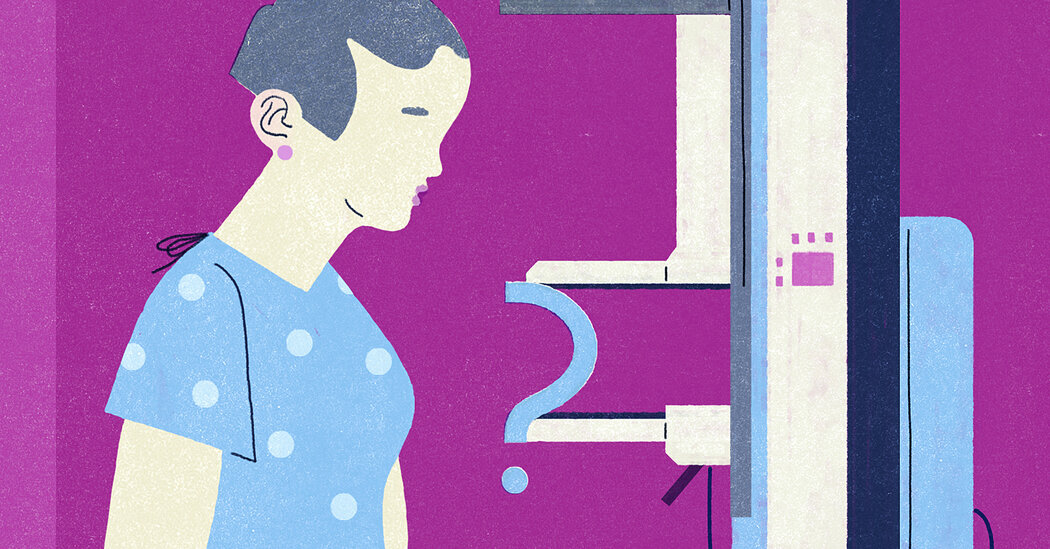Then there are data from an analysis of 763,256 mammography screenings done between 2007 and 2017 that found cancer in 3,944 women, 10 percent of whom were 75 and older. The study’s author, Dr. Stamatia Destounis, radiologist at Elizabeth Wende Breast Care in Rochester, N.Y., reported that most of the cancers in the older women were invasive and of a grade that should get treated. Nearly two-thirds had the potential to spread and grow quickly.
Dr. Destounis told Healthline, “There are benefits of screening yearly after age 75. Mammography continues to detect invasive cancers in this population that are node negative and low stage, allowing these women to undergo less invasive treatment. The age to stop screening should be based on each woman’s health status and not defined by her age.”
At the same time, women are living longer and spending more of those added years productively and in reasonably good health. For them, Dr. Destounis said, finding early invasive cancers that can be treated with minimal surgery and postoperative therapy can mean a lot to the patients, their families and their communities.
Still, there is one fact that all older women should know: According to Diana Miglioretti, a biostatistician at the University of California, Davis, “There is no evidence from randomized controlled trials on whether screening women ages 75 or older reduces breast cancer mortality. Evidence suggests the benefits of screening are not seen until 10 years later.” She said there is also a risk of overdiagnosis that increases with age — finding a cancer that would not have harmed the woman in her lifetime.
In an interview, Dr. Mara A. Schonberg, internist at Beth Israel Deaconess Medical Center in Boston, echoed Dr. Miglioretti’s concerns. “Overdetection in older women is a problem, and even finding breast cancer is not always good. It takes at least 10 years of screening 1,000 women aged 50 to 74 to avoid one breast cancer death, and probably even longer in women over 75 in whom breast cancer tends to be more indolent. It’s not clear that all the aggressive treatment older women get is needed.”
Furthermore, among 1,000 women age 75 to 84 who continue to have mammograms for five years, 100 will get false alarms, creating anxiety and prompting a slew of tests that do not find cancer. With continued mammography, within five years three such older women in 1,000 will die of breast cancer, as against four women who do not have mammograms, Dr. Schonberg reported. She also noted that among women age 75 to 84 who die in the next five years, 12 times more will succumb to heart disease than to breast cancer.
To help women decide about whether continuing to get regular mammograms after age 75 is in their best interests, Dr. Schonberg and colleagues devised a decision aid, available in English and Spanish.
[ad_2]
Source link


